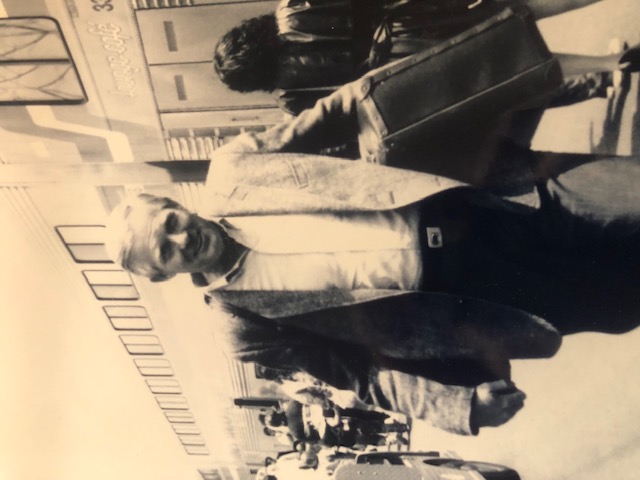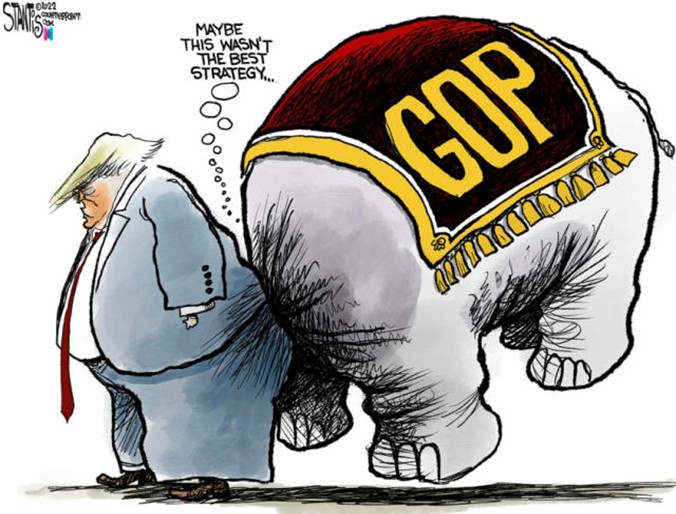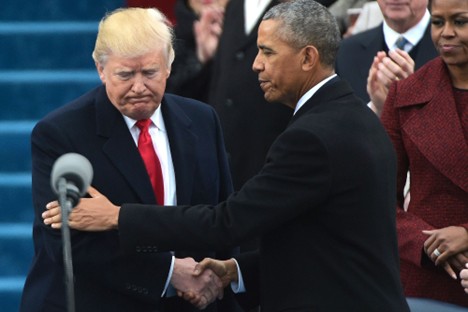I was six when I first worried about death. An older brother mentioned we only live into our 60s. It was simple arithmetic – I had only 9 of my life spans left.
So it began, a lifelong, almost daily uneasiness about the time left.
When I was six, I sensed no pre-me, I had been my forever, and time was…well if it moved at all, was sap slow. A school year lasted forever, and the next Christmas was an eternity away.
This is not to say early life was boring, just the opposite. So, sodden I was after that first breath (whatever that freakish experience must have been) with new, never had or imagined intimacies with this thing or that, each one seeming eons from those had just a few moments ago.
The freshly pealed, raw experiences of life began on some supersonic conveyor belt of WOWs.
But as life progresses the belt offers fewer, fresh WOWs and increasing chains of “been there, done that,” repetitions.
As I age, the belt’s “been there, done that,” offerings increase, fatigue sets in and the belt of time speeds up as if to find anything new.
Days become weeks, then months and suddenly another year flashes by.
When as old as me, that first wonderous breath you took so very long ago has been repeated 650 million times and you are good to go.
Richard Kimball
Sign up on my Blog at: richardkimball.org
or
Medium.com at: https://medium.com/@daffieduck2016















